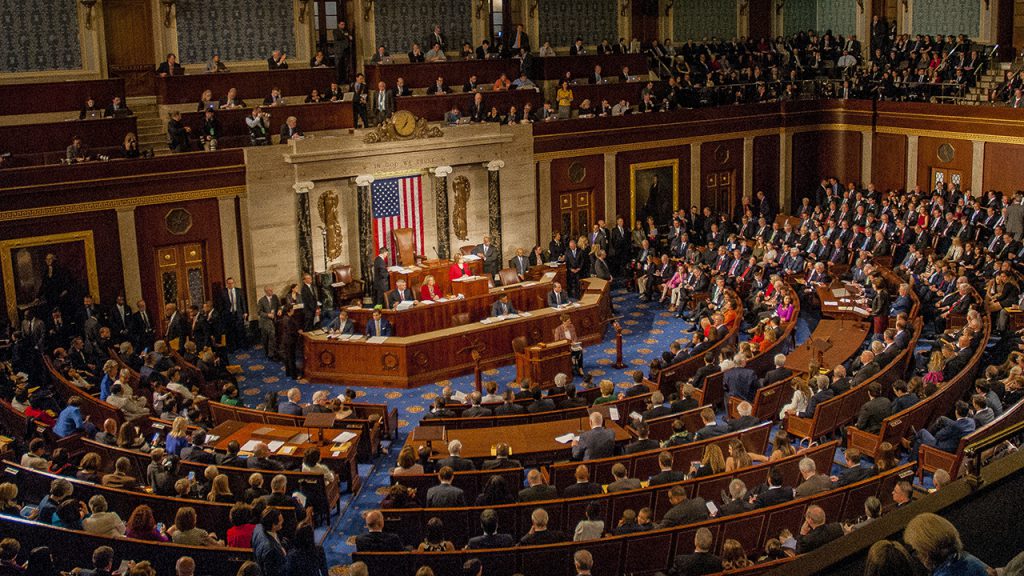
Mining executives eager to speed U.S. production of lithium and other metals for the burgeoning electric vehicle industry are frustrated that the U.S. Congress has yet to pass legislation designed to streamline mine permitting and fund geological studies, among other steps.
Earlier this year, Washington’s trade war with Beijing threatened to curb Chinese shipments to the United States of rare earth minerals used in defense equipment. China is also the world’s largest electric vehicle battery producer, processor of lithium and consumer of copper.
“We don’t have great clarity on what the legislative timelines are,” said Keith Phillips, chief executive of Piedmont Lithium Ltd, which is developing a lithium mine in North Carolina. “This pending legislation would be a big positive” to help secure investment.
The drive has gained visibility as millions of young people joined worldwide climate protests and leaders gathered at the United Nations to revitalize efforts to curb carbon emissions
The bills would, if passed and signed into law by President Donald Trump, streamline regulation; fund research into rare earths extraction from coal; allow formation of a rare earths co-operative, bypassing antitrust laws; push the Pentagon to seek new minerals supplies; and speed approval of mine permits.
The delay leaves the United States reliant on others for many specialized minerals as the global economy becomes electrified after more than a century of reliance on fossil fuels. The drive has gained visibility as millions of young people joined worldwide climate protests and leaders gathered at the United Nations to revitalize efforts to curb carbon emissions.
Senator Lisa Murkowski, chair of the U.S. Senate Energy and Natural Resources Committee, expressed confidence her legislation will eventually pass as it awaits a full Senate vote.
Senators Joe Manchin and Marco Rubio have introduced similar legislation, as have U.S. House of Representatives members.
It is not unusual for legislation to stall in Congress, and few major bills have passed this year. But the snail’s pace has irked business leaders used to the faster pace of corporate America.
“I know there is frustration when do you don’t see legislation moving, but that doesn’t meet we have not been working steadily and aggressively,” said Murkowski, an Alaska Republican who warned at a Senate hearing last week that the United States is losing the race to extract and refine minerals used for electric vehicles.
To be sure, Washington has taken steps to help industry: In July, Trump signed an executive order directing the Pentagon to find sources of rare earths outside of China. But that order could be reversed by Trump’s successor.
Manchin, a West Virginia Democrat, said legislation is “inevitable” to bolster domestic production. “We can’t sit here and think five to 10 years down the road that we’ll be hunkydory with China or anyone else,” he said.
Meanwhile, the electric vehicle industry continues to grow. Last week, Amazon.com Inc said it would buy 100,000 electric delivery vans, the largest electric vehicle order in history.
Rivian Automotive LLC will build the vans at its Normal, Illinois, facility, which will import the lithium and other key minerals used in the batteries. Miners said that should be another wake-up call for Washington.
“I deeply appreciate Murkowski and Manchin’s legislation, said James Calaway, chairman of ioneer Ltd, which is developing a lithium and boron project in Nevada. “But the industrial needs that are out there to spur this industry and create an equitable playing field will require substantially larger resources than currently under consideration.”
(By Ernest Scheyder; Editing by David Gregorio)
Comments